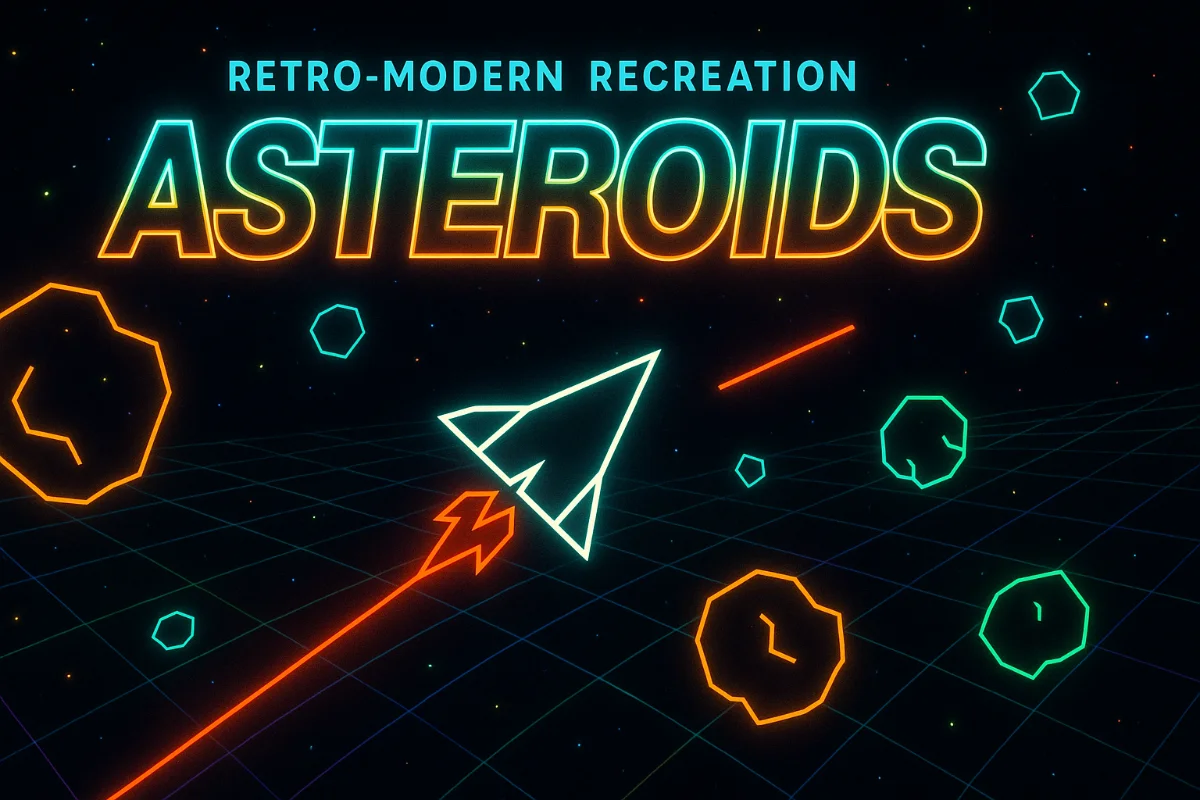
Retro-Classic Game Asteroids Available
I developed a browser version of Asteroids, sharing my high score hopes while exploring TTRPG tools post-site conversion.
20 posts found

I developed a browser version of Asteroids, sharing my high score hopes while exploring TTRPG tools post-site conversion.
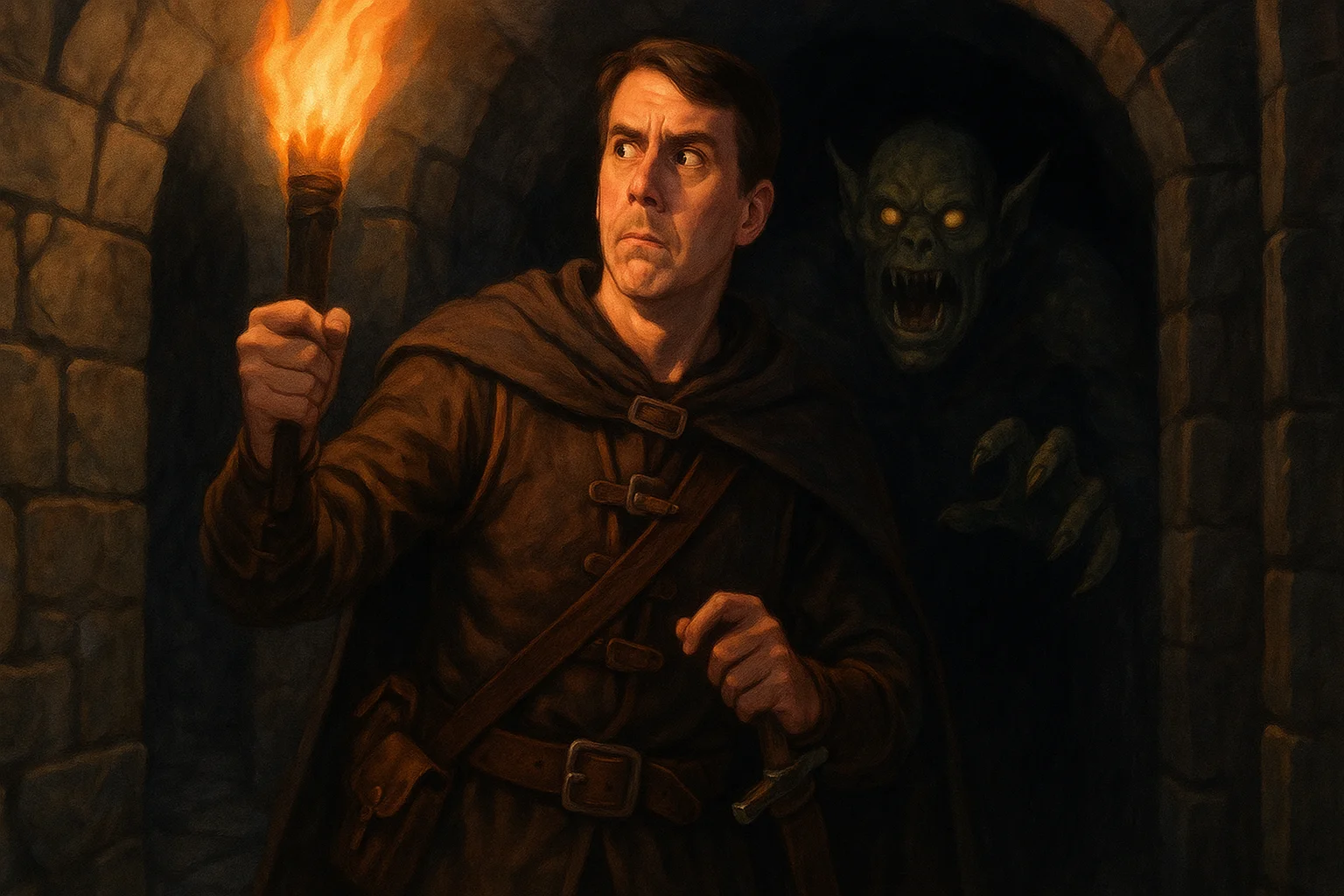
Reject the win-lose mindset and celebrate diverse TTRPG playstyles; curiosity over gatekeeping turns debate into discovery and keeps the hobby welcoming.
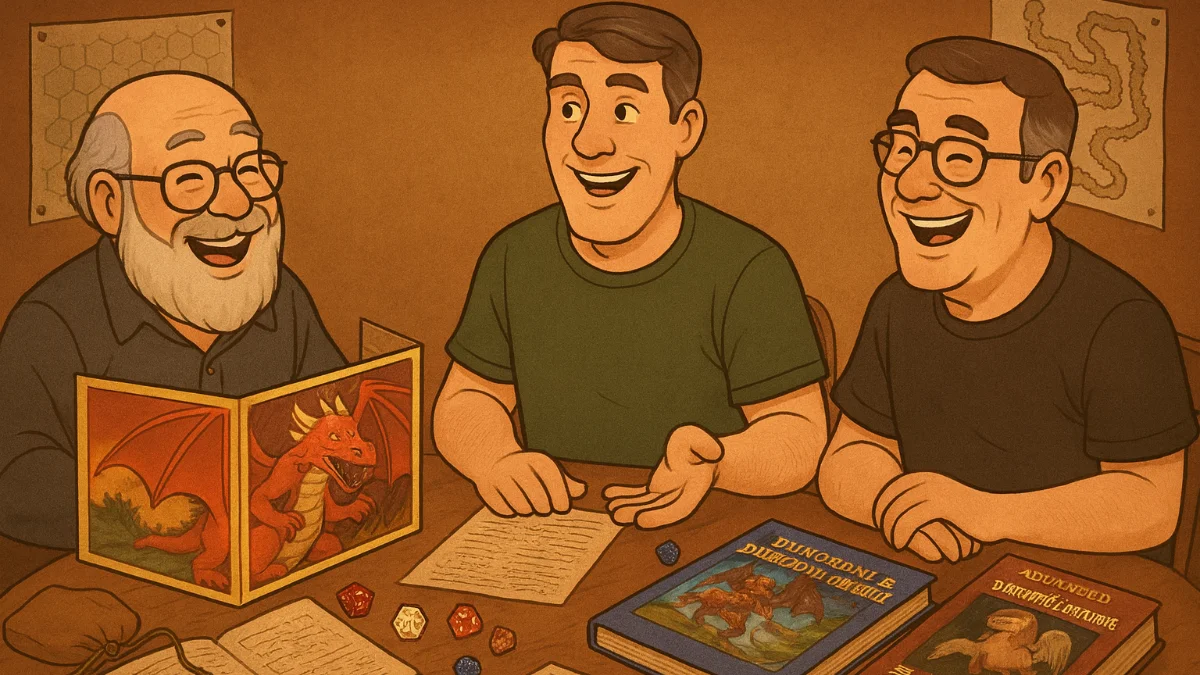
Reflecting on Tim Cain and Gary Gygax, this calls for empathetic, nuanced remembrance of D&D's creators over meme-fueled narratives.

AI can streamline search, lore, prep, and tracking in tabletop play, freeing DMs and players to focus on storytelling while keeping human creativity central.
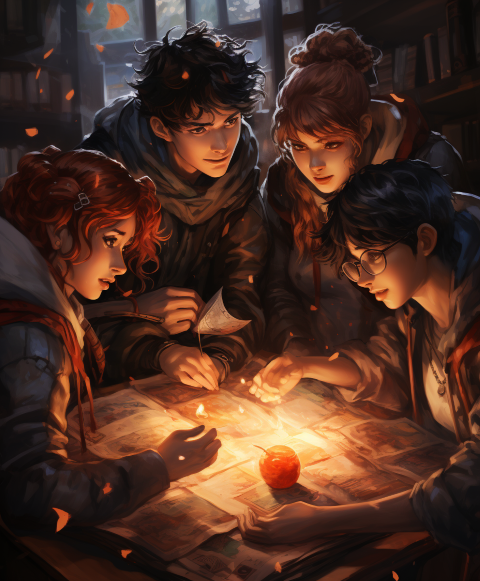
Practical, playful principles to be a better TTRPG player: show up, engage, share spotlight, pursue story beats, state intentions, respect others' fun.
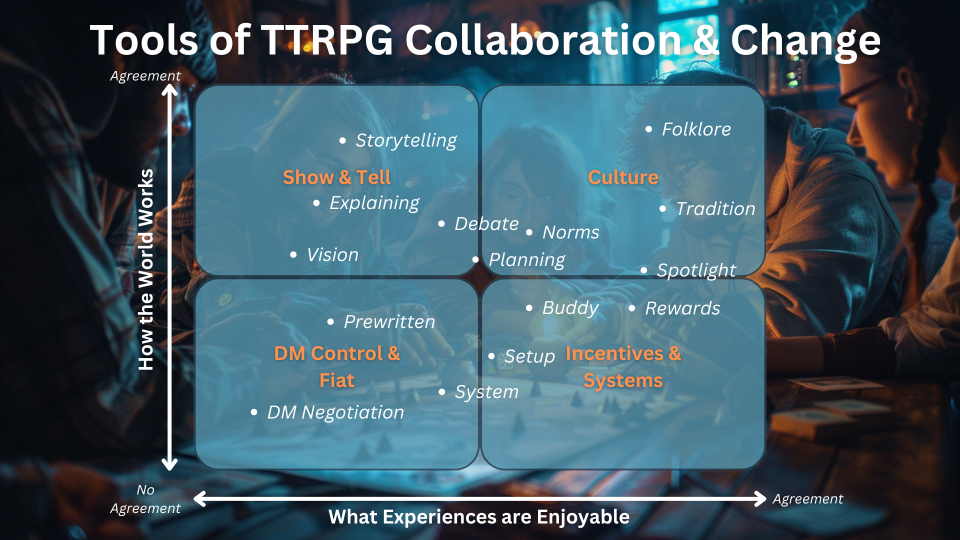
Build better tables by aligning assumptions about the world and preferred play styles, then using communication, examples, and incentives to support shared fun.
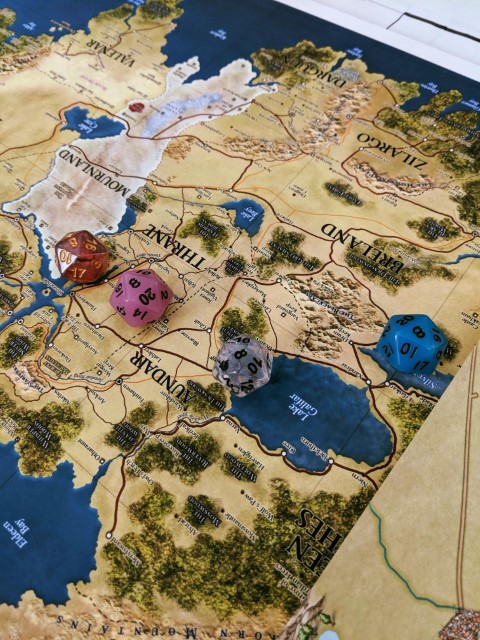
Applying Sanderson’s principles to tabletop RPGs, this argues for limits, costs, and risk over power creep, using subsystem interplay to enrich play.

The DM initiates and shapes play; collaboration matters, but new norms that cast their creative lead as suspect risk stifling games.
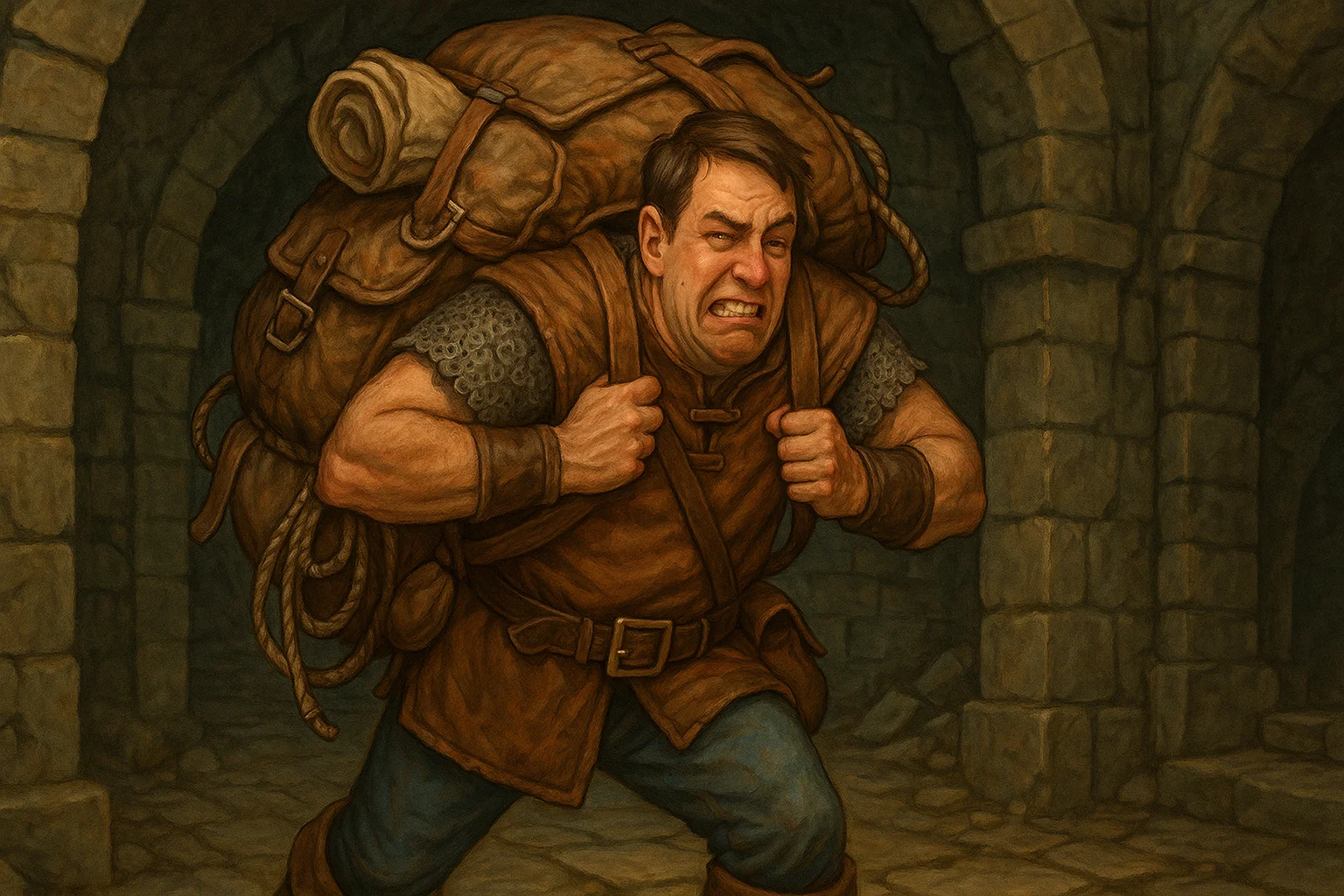
The latest D&D 5E errata drops racial alignment, inviting more inclusive, nuanced characters and worlds shaped by players and DMs.
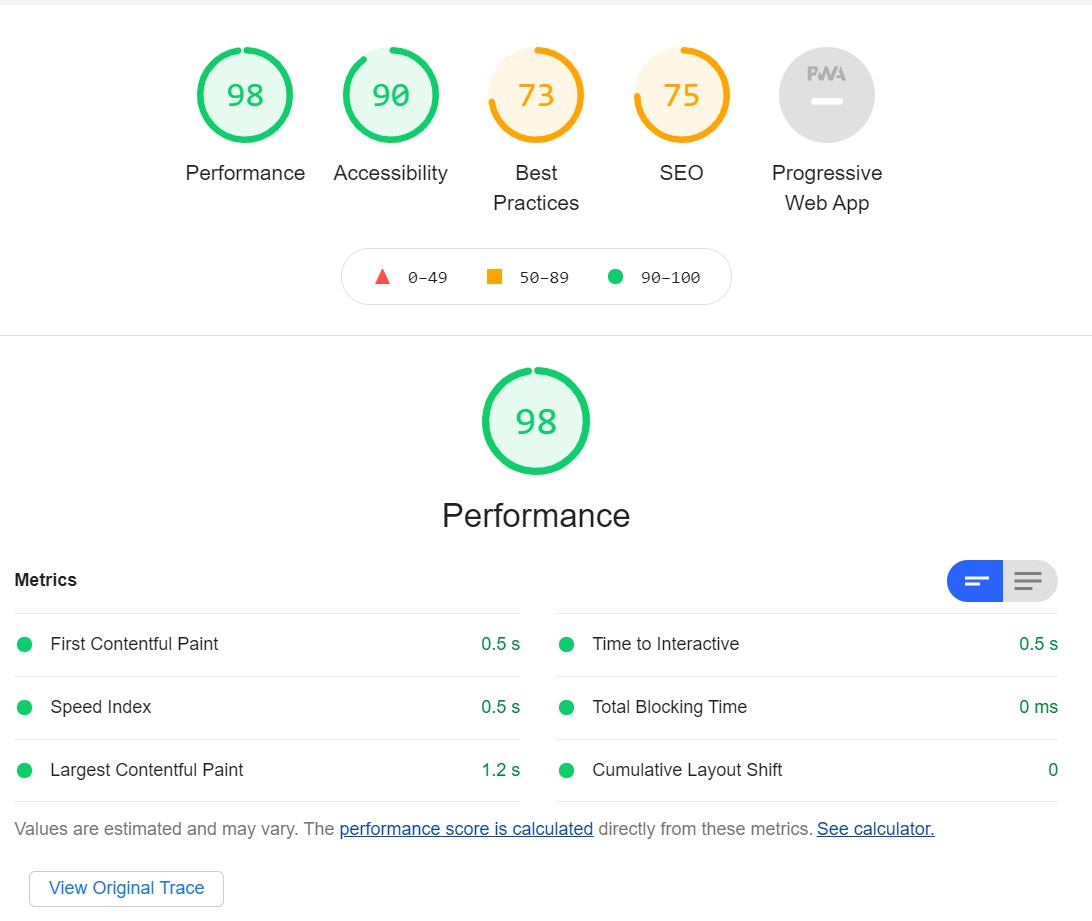
We migrated the site to Jekyll on GitHub Pages for a faster, more accessible experience; see Lighthouse scores and DM me if you spot issues.